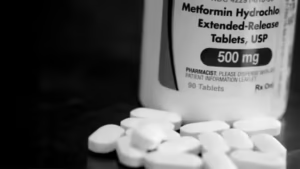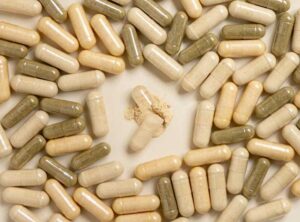Researchers in Pennsylvania and Wisconsin are functioning with the US space agency to validate a mHealth wearable that, in future, may assist astronauts to sleep better. The Perelman School of Medicine of the University of Pennsylvania and Wisconsin Institute for Sleep and Consciousness (WISC) of the University of Wisconsin-Madison are enrolling participants for a trial that will validate the Philips SmartSleep Deep Sleep Headband’s efficiency. The Translational Research Institute for Space Health (TRISH) of NASA at the Baylor College of Medicine, Houston, is coordinating the project.
The connected health device was built by a Psychiatry Professor, at the University of Wisconsin School of Medicine and Public Health some 15 years ago. In 2018, Philips licensed it for consumer use. The headband senses when a wearer is in deep sleep and then improves that sleep level by emanating a tone that syncs with their brain waves. A WISC assistant research director, Brady Riedner, said, “It resembles an amplifier fastened to your head.” He referred to it as “a metronome for the brain.”
The space agency anticipates that such a device can assist astronauts to have a sound sleep while in space—therefore allowing them to be more all ears and attentive when awake. Proclaiming the 2-year research project in June, Dorit Donoviel, the TRISH Director, said, “We, at TRISH, are always seeking budding technologies that can lessen threats to human health and performance—particularly during deep space missions.”
Likewise, a phenol that is present in red wine, Resveratrol, can be utilized to care for the astronauts’ muscles during lengthy space stays, such as on a tour to Mars. Scientists, during the latest tests, discovered the supplement guarded lab models against muscle atrophy while residing in settings similar to the microgravity environment of Mars. More tests are required to find out the best dosing levels for females & males, and to verify for potential complications with other supplements and drugs.









